Character Letter Template for Judge
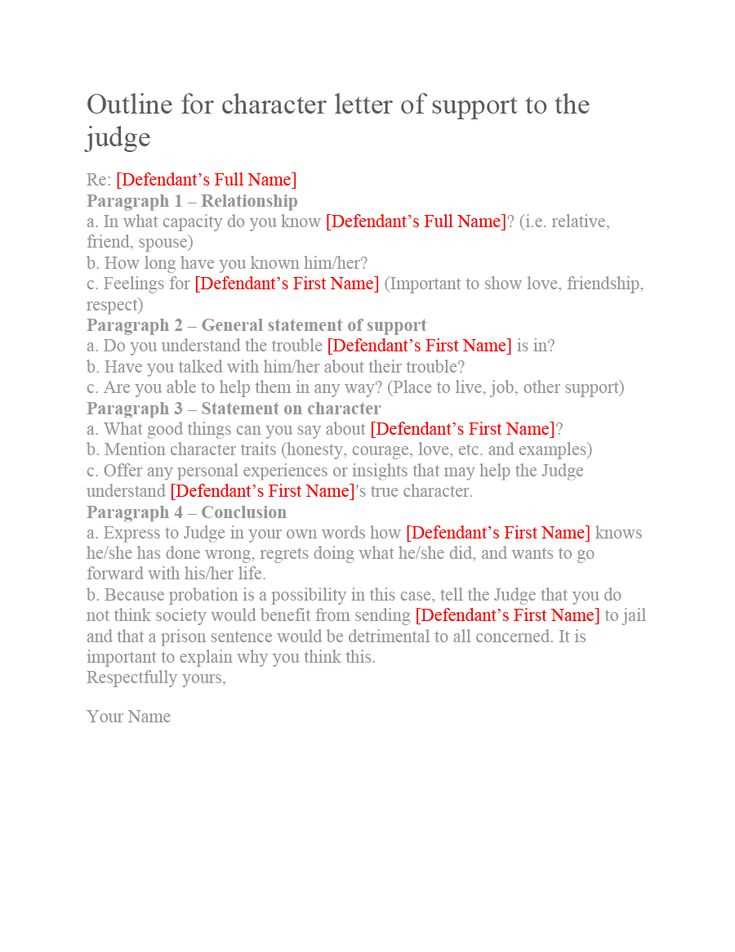
When involved in a legal matter, submitting a well-crafted personal reference can play a significant role in influencing the outcome of a case. This type of statement serves as a powerful testament to the character of the individual in question. It can help the court better understand their personality, values, and past actions.
Writing a thoughtful and clear statement requires careful attention to tone, structure, and relevant details. It’s important to convey the right message, balancing both sincerity and professionalism. While the content should reflect the truth, it is equally crucial to ensure that it aligns with legal expectations.
In this guide, you will find practical tips and a structured approach to drafting a persuasive reference. Whether you are helping a friend, family member, or colleague, your words can have a lasting impact on their case. Clear, respectful, and honest communication will be key to making a meaningful contribution to the legal process.
How to Write a Personal Reference for Court
Crafting a thoughtful and impactful reference for a legal matter requires careful consideration of both the person’s qualities and the context in which the statement is being made. A well-written statement can effectively communicate important information about an individual’s character, highlighting their positive attributes in a way that is both truthful and compelling.
Key Points to Consider
- Be honest and sincere. Ensure the content reflects your true feelings and knowledge of the person’s behavior.
- Stay relevant to the legal context. Focus on qualities or actions that may impact the case in question.
- Use a respectful tone. Even if you have a close relationship with the individual, maintain a professional approach.
Structure of a Strong Statement
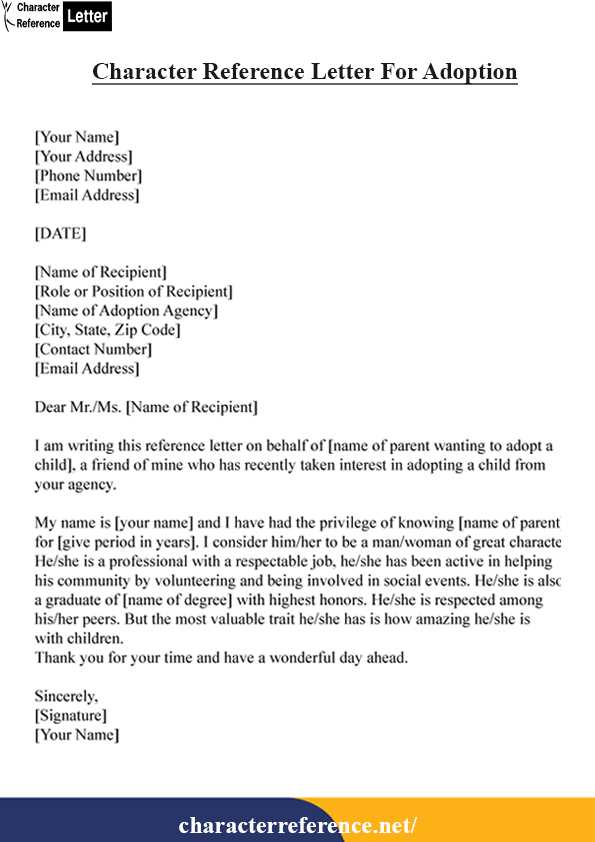
- Introduction: Briefly introduce yourself and explain your relationship with the person involved.
- Main Body: Provide specific examples of their positive qualities or actions that are relevant to the case.
- Conclusion: Summarize your overall impression and express your support for the individual.
By following these steps and focusing on relevant, positive aspects of the person’s behavior, your reference will provide the court with a clear, well-rounded view of the individual’s character, which can play a key role in the legal process.
Key Elements of a Personal Reference for Court
When composing a statement for legal purposes, there are several key components that should be included to ensure it is both impactful and appropriate. These elements help provide a complete and clear picture of the individual, focusing on their strengths and how they may be relevant to the case at hand.
Essential Components
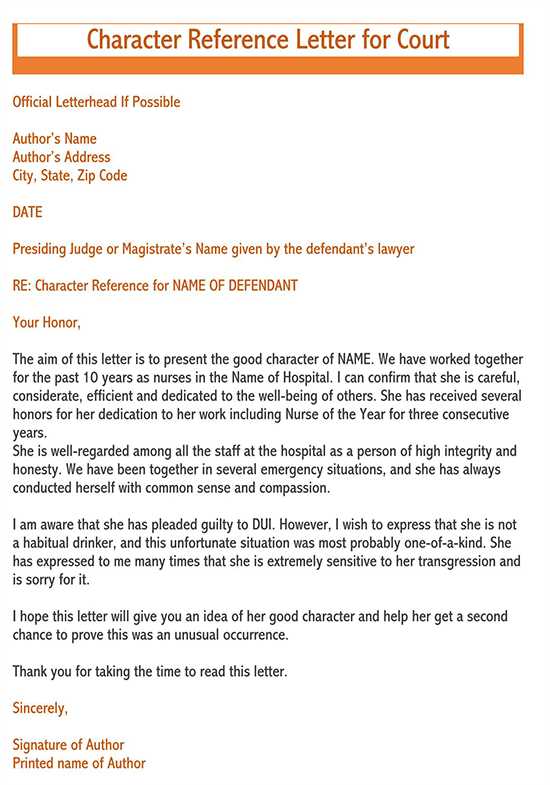
- Introduction: Identify yourself, your relationship with the individual, and your reason for writing the statement.
- Relevant Details: Share specific examples of the person’s positive qualities, actions, or contributions that are pertinent to the case.
- Conclusion: End with a strong, supportive statement that summarizes your confidence in the individual’s character.
Structure Overview
| Element | Description |
|---|---|
| Introduction | Briefly state who you are, how you know the person, and why you are writing. |
| Specific Examples | Provide concrete examples of the person’s behavior or qualities that reflect their positive traits. |
| Conclusion | Finish with a summary of your support and endorsement for the individual. |
Including these essential elements in your statement ensures that it serves its purpose effectively, helping the court gain a deeper understanding of the individual involved in the case.
Guidelines for Court References
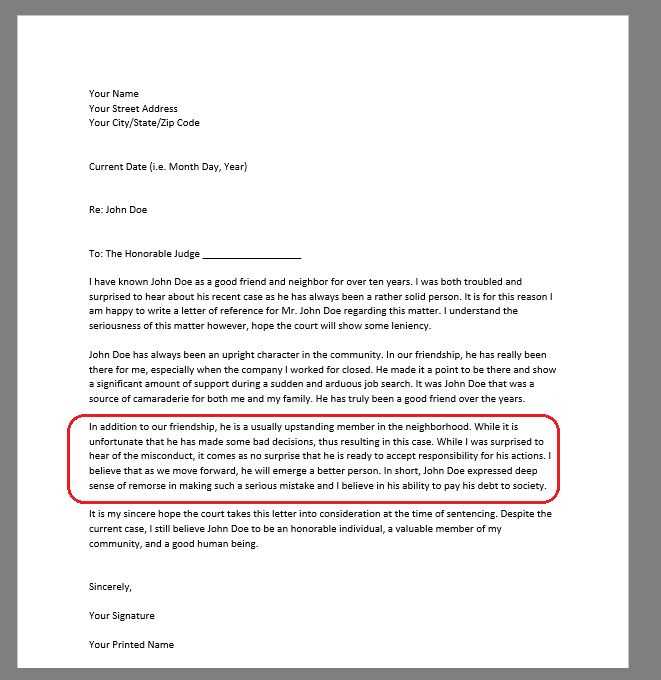
When submitting a personal reference for a legal case, it’s important to follow certain guidelines to ensure the document is effective and appropriate. The reference should convey relevant information in a way that aligns with the expectations of the court, presenting a clear and honest portrayal of the individual involved.
Start by ensuring that your reference is sincere and factual. Avoid exaggeration or unnecessary embellishments. The tone should be respectful and professional, as it contributes to the overall credibility of the reference. Be clear and concise, focusing on the qualities or actions that are most pertinent to the case. Specific examples of the individual’s behavior or contributions are always more valuable than vague generalities.
It is also crucial to stay within the boundaries of what you know personally about the individual. The court is looking for genuine insights into their character, so it’s important to avoid discussing anything that is outside of your direct experience. Lastly, be mindful of the length–keeping the reference brief yet comprehensive will help make it more effective.
Common Mistakes to Avoid in References
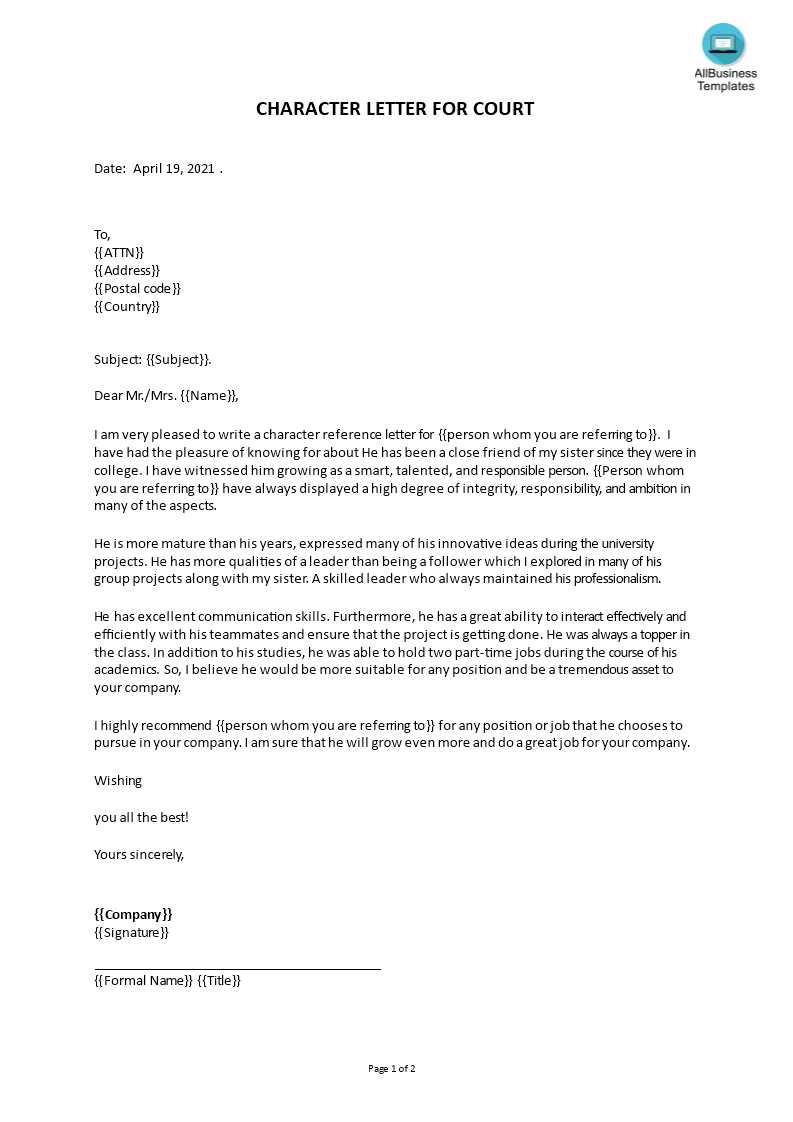
When writing a reference for legal purposes, it’s important to be aware of certain mistakes that can undermine the effectiveness of your statement. These errors can diminish the impact of your words and may even detract from the individual’s credibility in the eyes of the court. Being mindful of these pitfalls can ensure your reference serves its intended purpose.
One of the most common mistakes is being overly vague. General statements like “They’re a good person” lack the specificity needed to make an impact. Instead, it’s crucial to provide concrete examples that demonstrate the person’s qualities or actions. Another error is including irrelevant information. Avoid discussing personal matters that don’t relate to the case at hand, as they can distract from the key points.
It’s also important to maintain a professional and respectful tone throughout. Avoid being overly emotional or casual, as this can diminish the seriousness of the statement. Lastly, don’t exaggerate or overstate the individual’s positive traits. The reference should remain grounded in truth and reflect your genuine experience with the person.
How to Format Your Reference Correctly
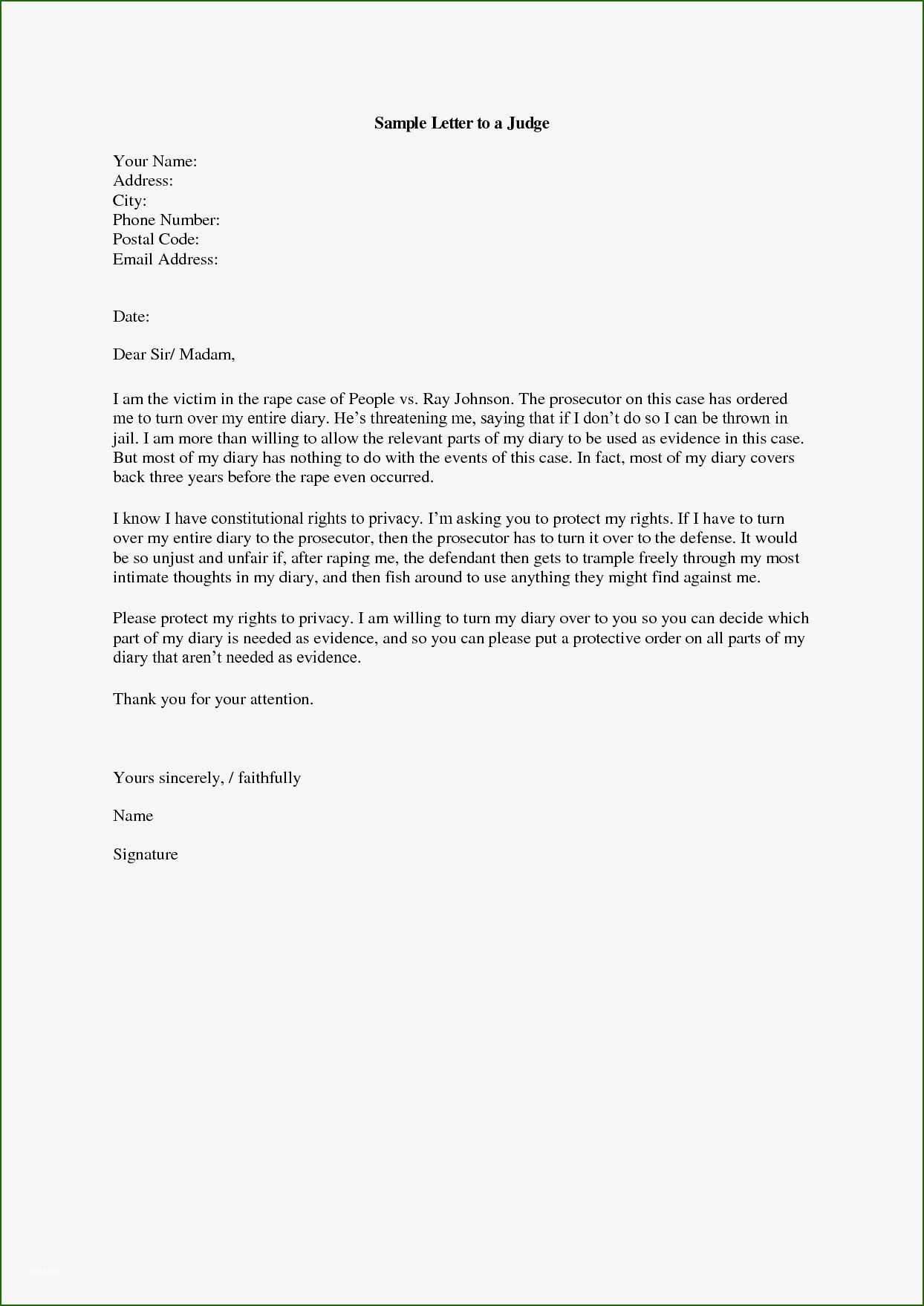
Proper formatting plays a crucial role in ensuring that your reference is taken seriously and is easy to read. A well-organized reference not only looks professional but also helps convey your message clearly. Adhering to standard formatting practices ensures that the content is presented in the most effective manner for the recipient.
Start by including your contact information at the top, followed by the recipient’s details. This allows the court or relevant parties to know who the reference is from and where they can reach you if necessary. Be sure to include a formal greeting at the beginning, such as “To Whom It May Concern,” or a similar respectful salutation.
The body of the reference should be clearly divided into paragraphs. Begin with a brief introduction of yourself and your relationship with the person, followed by specific examples supporting your statements. Make sure to keep each paragraph focused on a single idea to maintain clarity. Finally, close with a respectful conclusion that summarizes your support for the individual.
Remember, simplicity and clarity are key. Avoid cluttering the reference with excessive information or complex language. A well-structured and concise reference will have a stronger impact and is more likely to be taken seriously.
Tips for Making a Strong Impression
When writing a reference for legal or professional purposes, leaving a lasting impression is essential. The way you present your thoughts can significantly influence how the recipient perceives the individual you are supporting. To ensure your reference stands out, it’s important to focus on both the content and presentation.
Be Specific and Honest
General statements may seem polite, but they lack the depth needed to make an impact. Provide clear, detailed examples that show the person’s strengths and qualities. Honesty is crucial–avoid exaggerating or overstating attributes. The more genuine and authentic your words, the more trustworthy the reference will appear.
Maintain a Professional Tone
It’s important to keep the tone respectful and professional throughout the reference. Even if you have a close personal relationship with the individual, ensure that the language you use reflects the seriousness of the situation. Being too informal may undermine the weight of your message.
In addition, be mindful of your choice of words. Avoid emotional language or unsupported claims, as they can come across as less credible. Staying focused on the facts and your direct experience will make a stronger, more persuasive case.